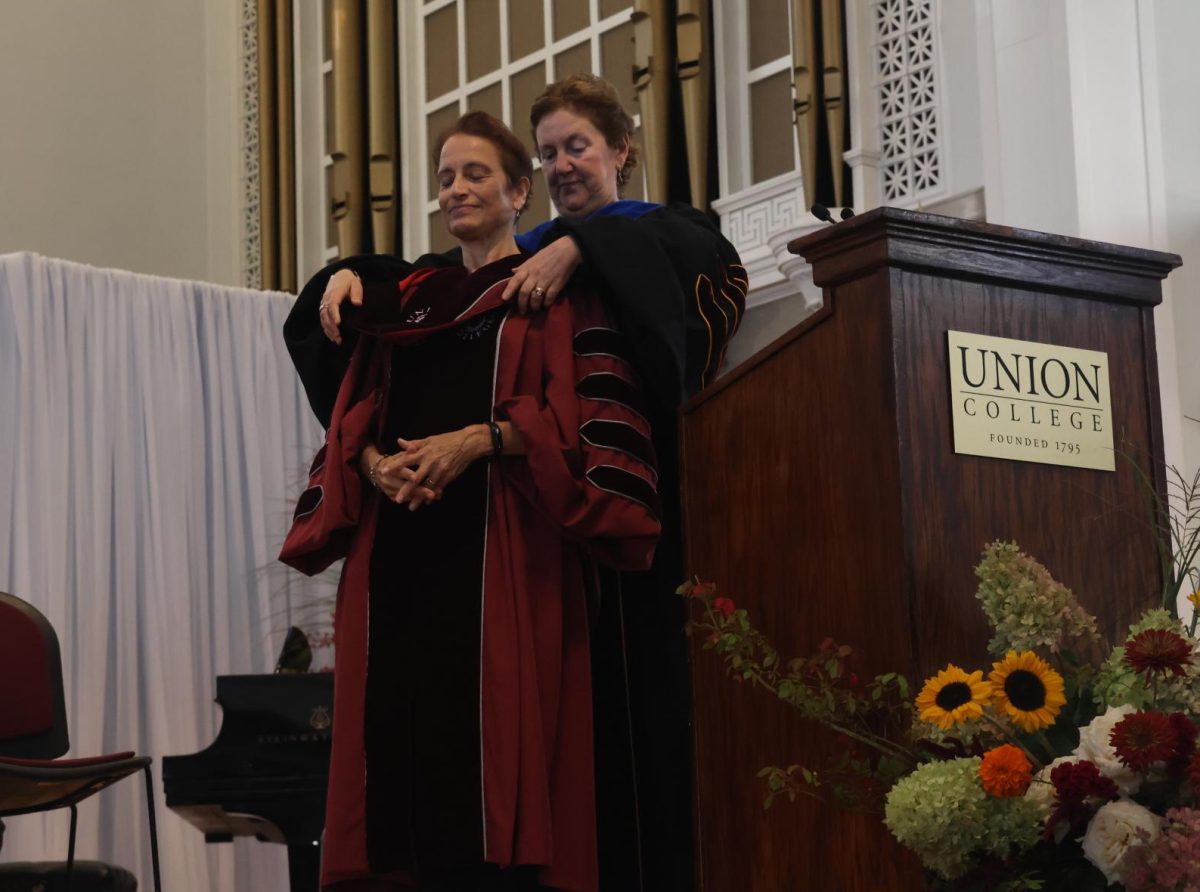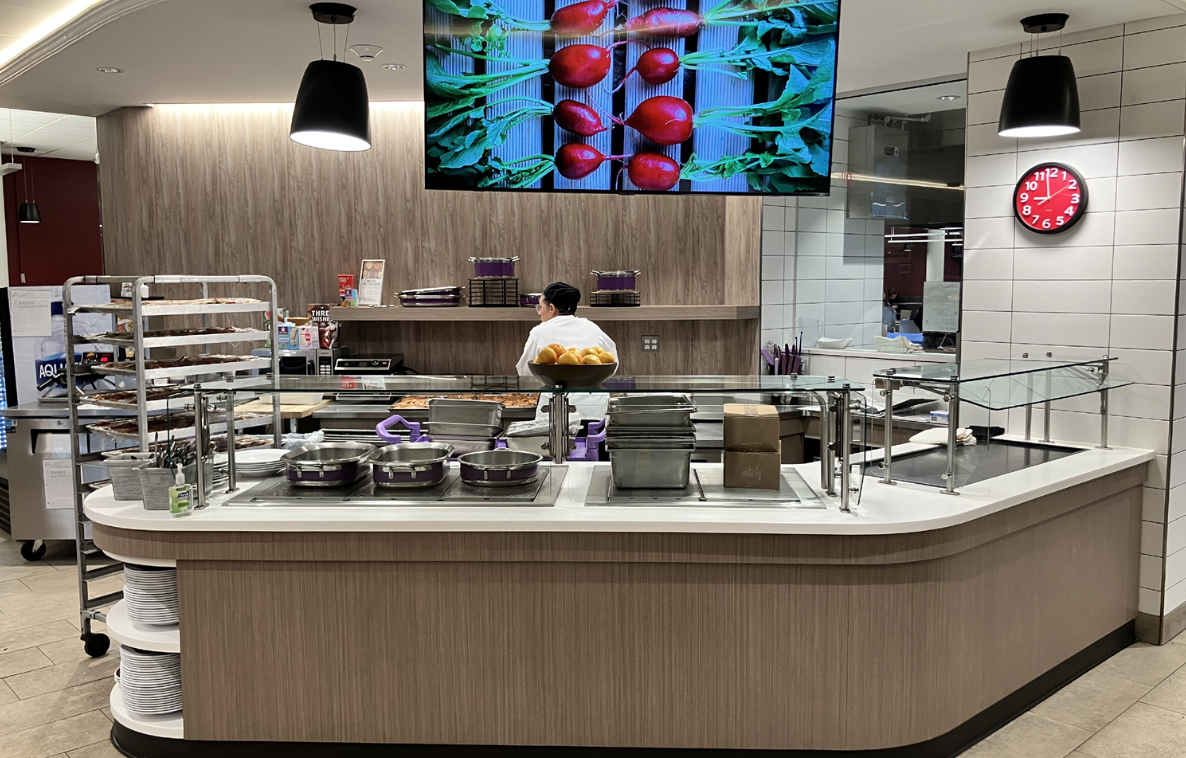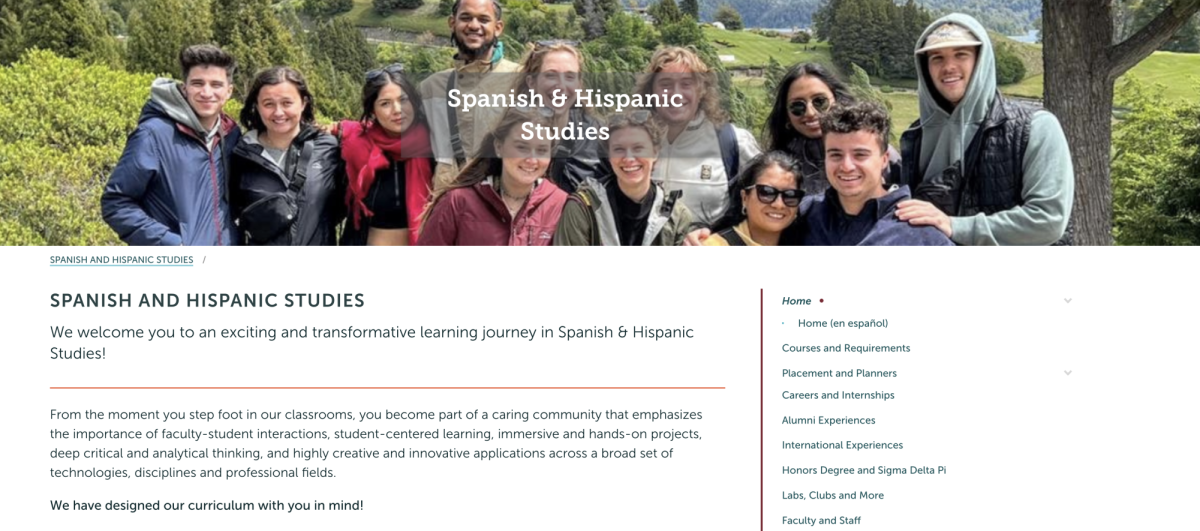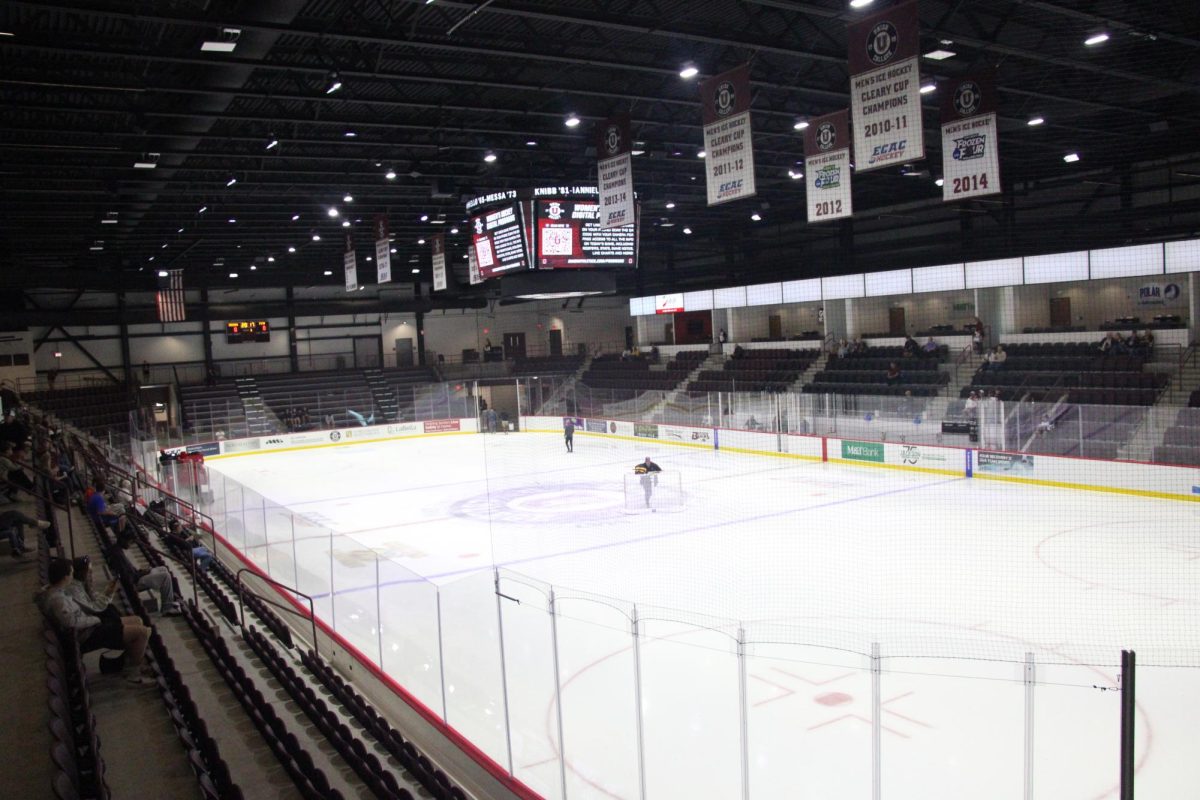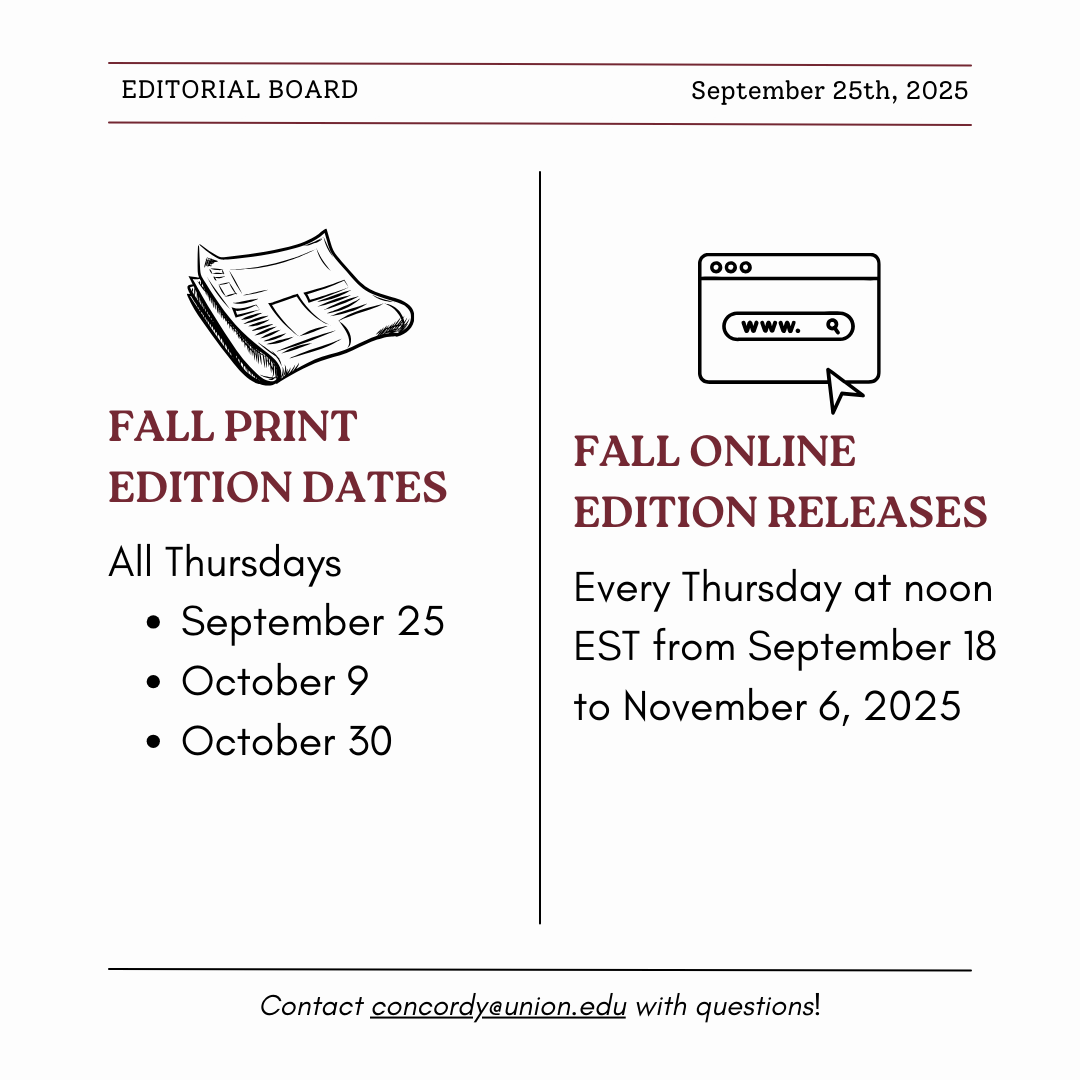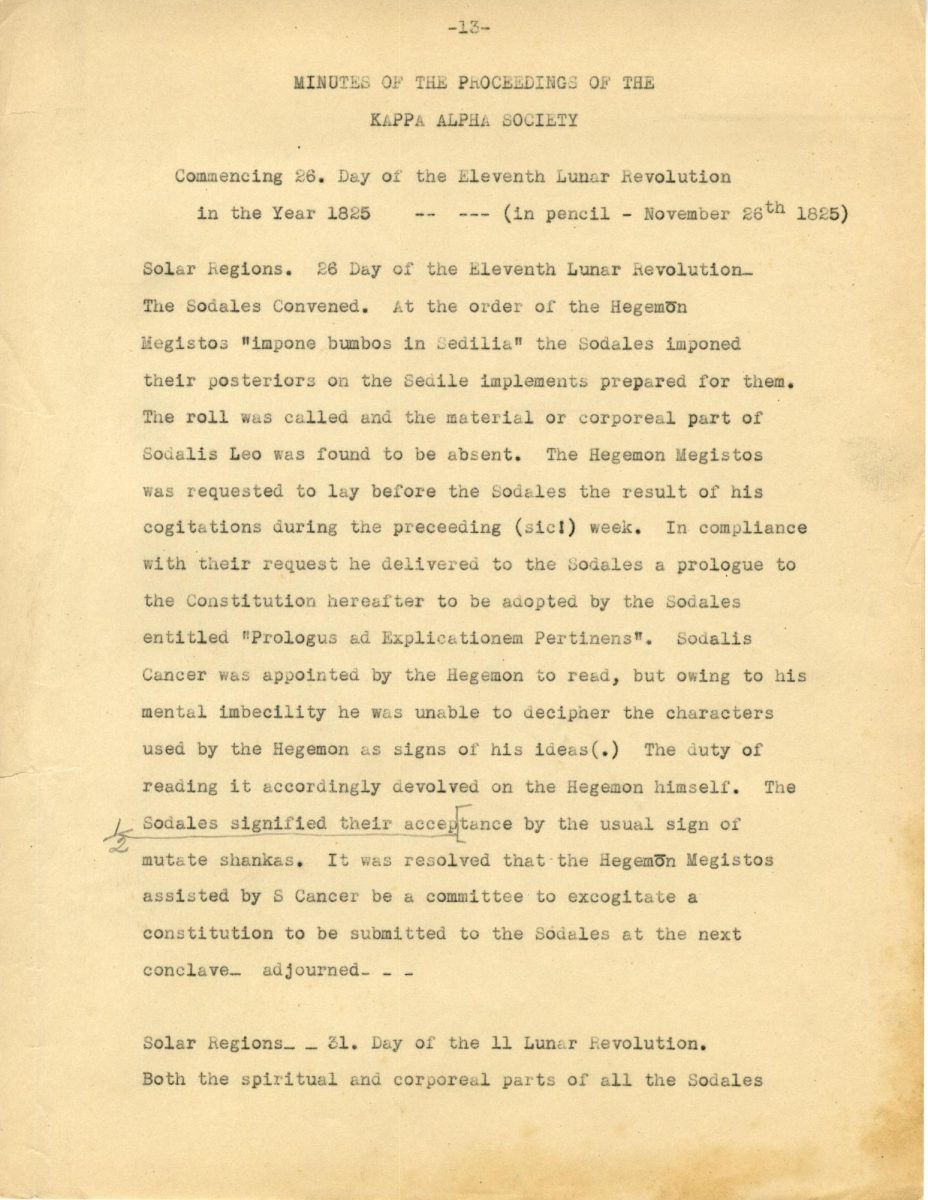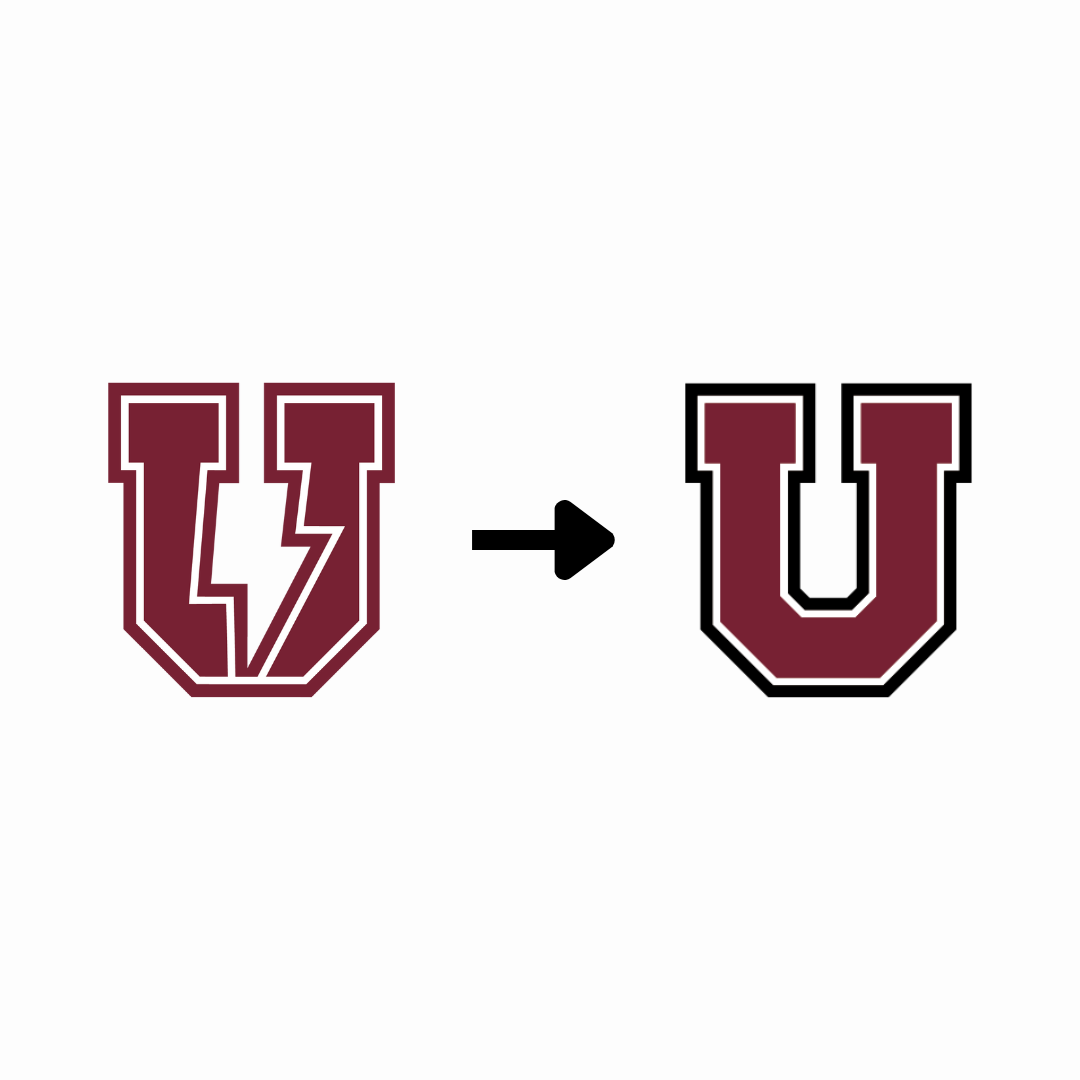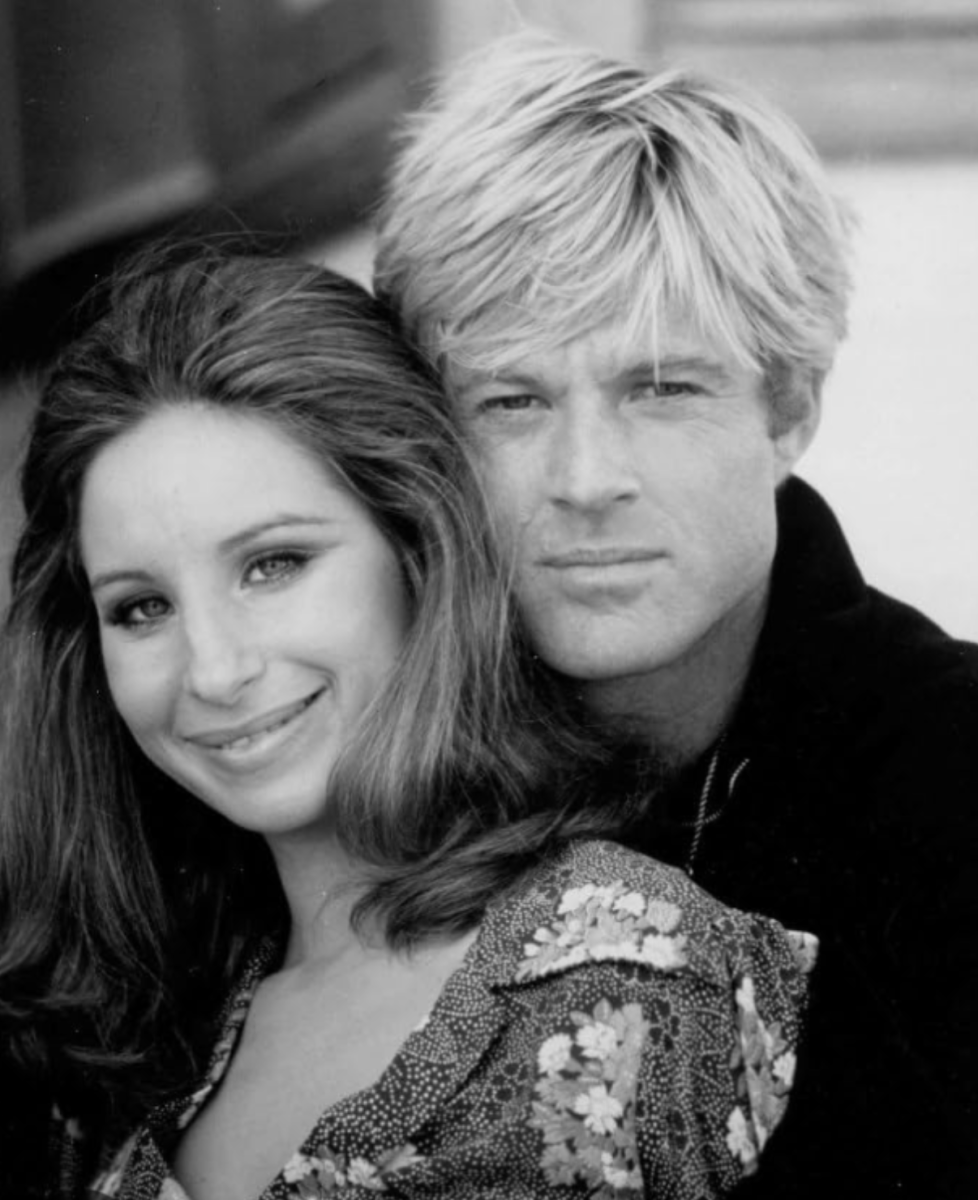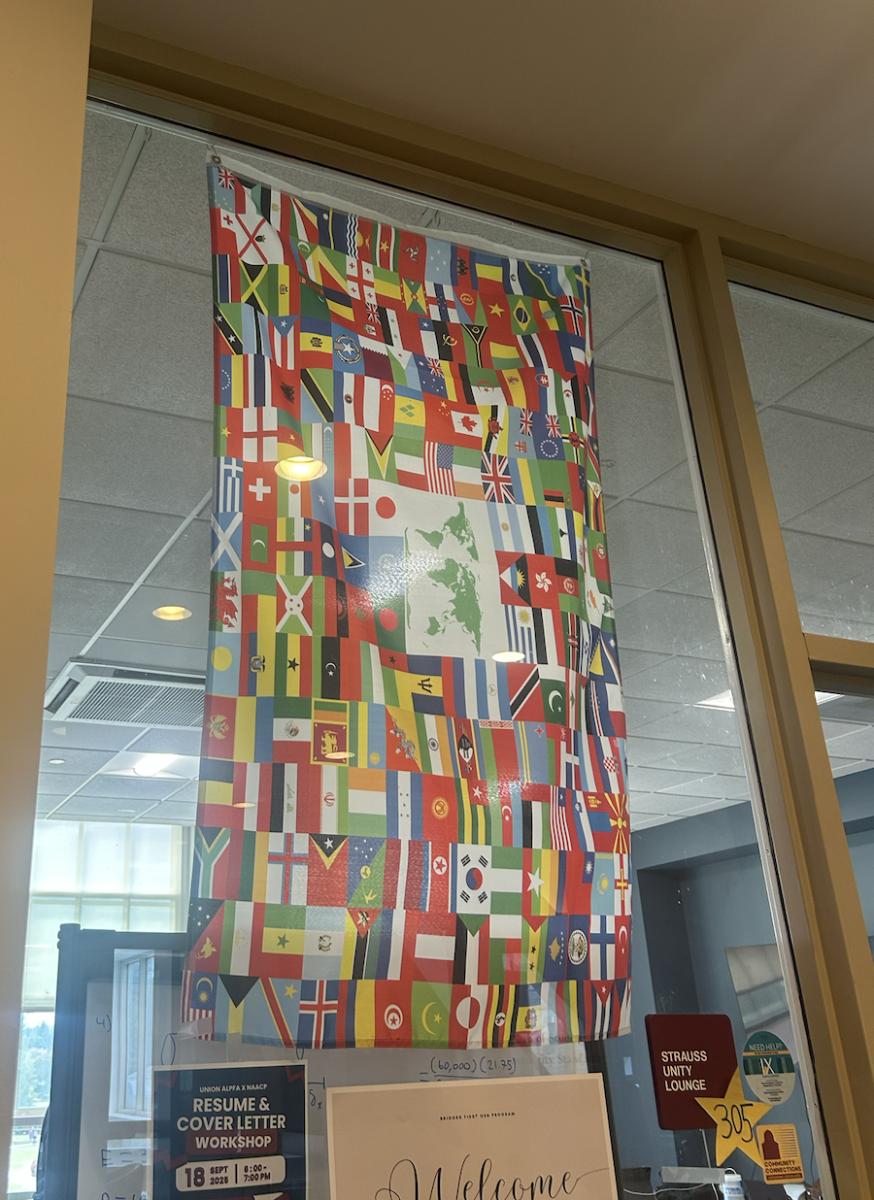In response to the robust and complex arguments around gun control and the Second Amendment after the Parkland shooting, Campus Action at Union organized a dinner and discussion last Thursday, April 26.
The event took place in the Seminar Room of its co-host Green House, one of Union’s Minerva Houses.
The Parkland shooting was a mass shooting that occurred at the Marjory Stoneman Douglas High School in Parkland, Florida last February.
The incident led to the deaths of seventeen people, and seventeen more were wounded.
As one of the world’s deadliest school massacres, the shooting stirred American media and generated conversations on gun control and the Second Amendment across the country.
With the club at Union, Campus Action specializes in activism and creating discussions on pressing issues happening around the campus and beyond. Students of vastly diverse viewpoints attended the dinner.
During the dinner, the link between the Parkland shooting and stricter gun control was questioned.
One student thought that cancer or traffic accidents killed more people every year than guns did, and the Parkland shooting was one of those inevitable occurrences. This student also provided the information that guns saved more people than they killed.
According to him, gun prohibition could prompt terrorists to find other means of mass murder, like plows and trucks, as happened in Europe. He inferred the importance of gun rights, as he raised how the Second Amendment was created so that Americans could overthrow the government when needed.
Another argued that shootings were different from other deathly happenings in that they created more cultural consequences and public trauma.
Campus Action Vice President Vamshek Srinivasan ’18 acted as a discussion moderator of the night. He raised the issues surrounding assault rifles. In response, students in support of guns mentioned that the fire rates of assault rifles and pistols were similar.
As a member of the National Rifle Association (NRA), one student advocated the organization, bringing up the various benefits of membership. According to him, the NRA protected and paid for its members when they shot trespassers.
This point led to discussions on the court system and some gray areas of law interpretations, such as the constituents of battery and assault charges.
Commenting on the topic, Saad Aktar ’18 said: “Your interpretation [of the situation] is your reality.”
One student then questioned the need for guns in self-defense. He said: “I have never had the motivation to own a firearm,” and wondered why people felt the need to buy and use guns.
A student immediately replied: “Fun.” Others added that guns might help people in
protecting themselves, their families and their property.
Alternatives to guns in self protection were brought to the tables. Students discussed the effectiveness of tasers, tranquilizers and water bullets.
One of the last questions raised was on the policy implication of the Parkland shooting and how America could avoid similar incidents.
Students discussed the issues surrounding background and mental checkups. While some advocated for stricter tracking for gun owners, some expressed distrust in the federal government handling the issue.
As one student put: “I am against the federal government having instant access to gun background checks.” Pro-gun students believed stricter enforcement of existing laws should be sufficient to protect citizens from mass shootings.
They also expressed disagreement with granting law enforcement the right to request mental checkups.
On the other hand, students going for stricter gun regulations compared gun buyers’ mental checkups to medical checkups for buying cars, inferring that checkups were necessary.
Discussions such as these are examples of a national dialogue concerning the fate of gun control.


